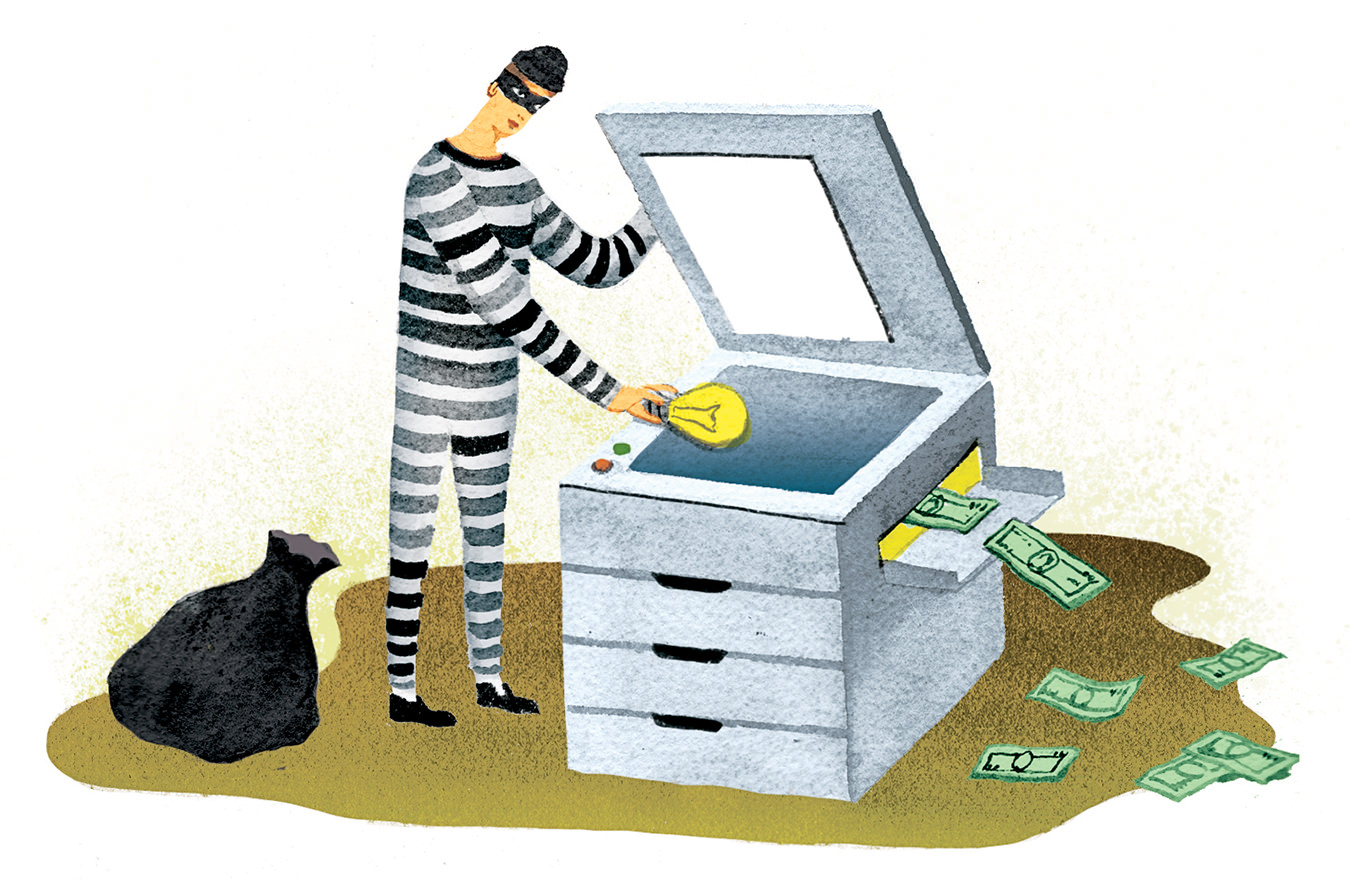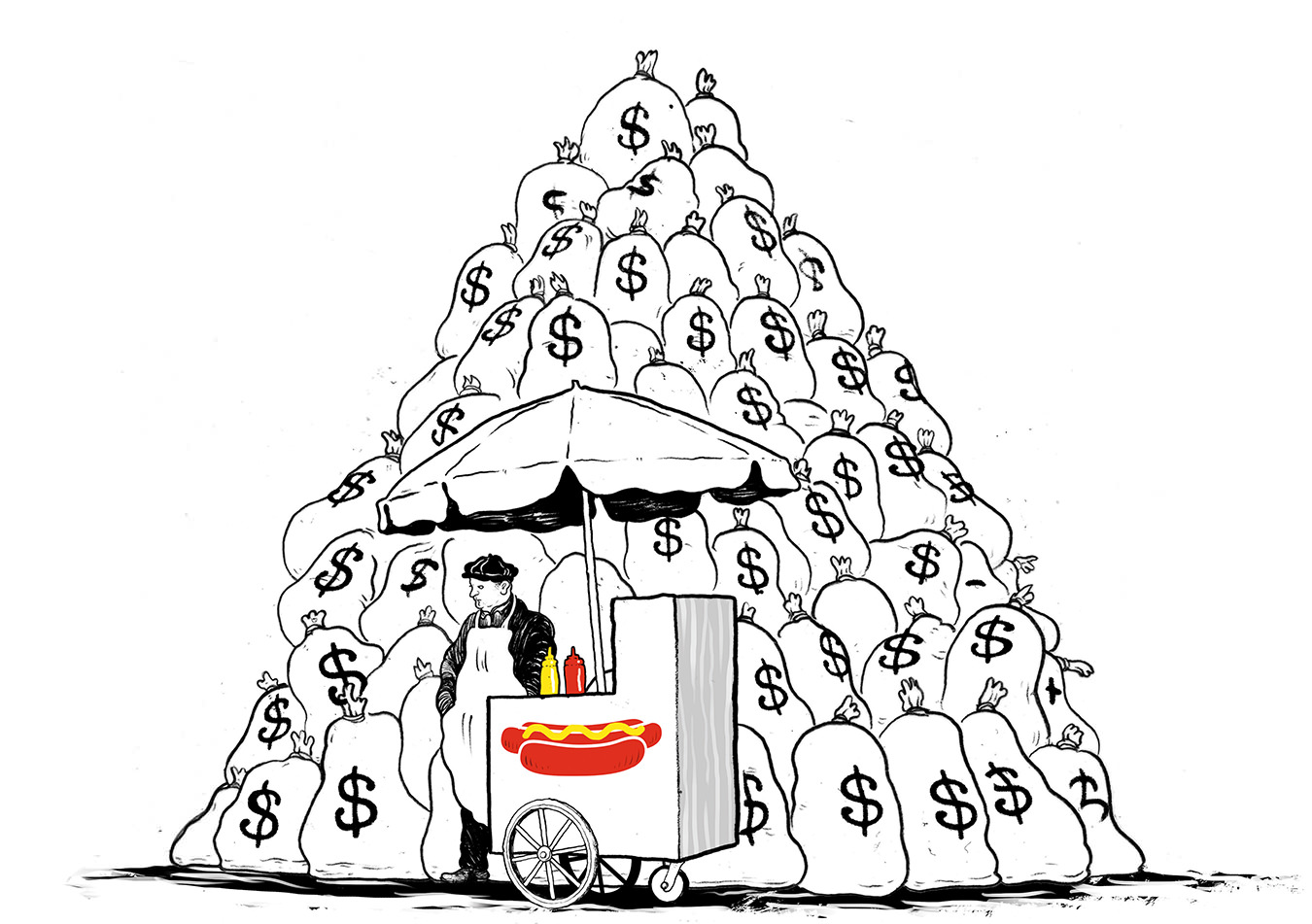The Patent Troll Sector
Toll to the troll.

Lower than the used-car salesman. Or the telemarketer. The repo man, too. Maybe one notch above that guy from Nigeria who’s always sending you e-mail. That’s a good approximation of the esteem with which the patent troll is held within the pantheon of the world’s professions.
Over the past several decades, “patent-holding entities”—a more dispassionate term for the companies and legal partnerships that purchase patents from their original inventors—have created a multi-billion dollar industry for themselves. They have also generated a fair bit of business for the courts. A study by Boston University estimated that such trolls cost businesses $29-billion (U.S.) in lawyers’ bills and licence fees in 2011 alone.
For most trolls, the main source of revenue is licensing their patents to technology companies, manufacturers, and others. However, most are more than happy to litigate—or at least threaten such action. Even if such threats lack specific evidence of infringement or are obviously without merit, the possibility of a costly legal defence (much less the chance of a permanent injunction scuttling one’s business plan) is often all that’s needed for the target to opt for a quick settlement.
The toll for such activity goes far beyond the financial. Consider the indirect costs: product delays, loss of market share, diversion of corporate resources, and the cost of extra vigilance against potential infringement. Instead of encouraging the development of new technology—the original intention of patent legislation—trolls seem to do the opposite, inflating the cost of innovation (particularly for start-ups) to the point where improving on an existing technology simply isn’t worth the risk.
Not to say the business model violates the letter of the law. A patent is intellectual property; for patent holders, selling that property to another business is a perfectly legitimate way to profit from the product of one’s mind. In fact, some argue a more accurate label for the patent troll is the patent dealer—a middleman who provides a secondary market for patents while providing a one-stop shop for companies looking to license technology rights.
Of course, the spirit of the law counts for something, too. And on that score, trolls don’t fare quite so well. By definition, trolls have no intention of manufacturing products with their patent portfolio, much less further developing any associated technology. Instead, they function as a kind of tax on innovation, sucking funds away that could have been used for R&D or hiring additional programmers or engineers. If this is capitalism, it’s of the Tony Soprano school, in which the capo makes his profit one shakedown at a time.
At least, that’s what the U.S. Federal Trade Commission seems to think. On September 27, it voted unanimously to initiate an investigation on patent trolls. In its announcement, the FTC declared that it intends to use its power of subpoena to gather financial and operational information from 25 trolls, along with 15 of their typical adversaries. Its goal: to figure out how trolls do business “and develop a better understanding of how they impact innovation and competition.” Shining a light under the bridge would be a good start.




